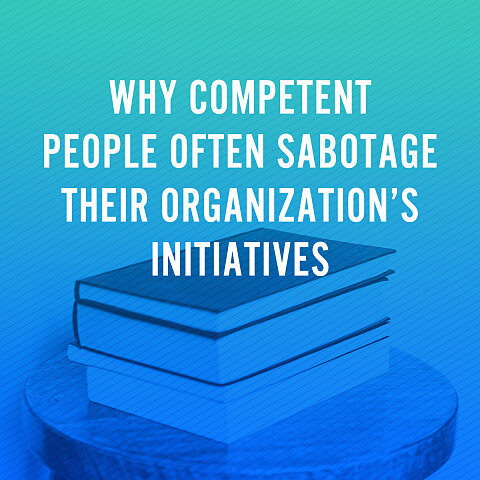Why Non Christians Cannot Lead Successful Christian Businesses
By The A Group
Christian industry businesses run by non Christians cannot succeed. I know that's a bold statement, but after years of watching large conglomerates buying Christian music labels, publishing houses, retail stores and failing to make it work, I'm more convinced than ever that a non-believer cannot successfully lead a Christian businesses. Here' s why.
It's all about the message. Unlike any other industry, the Christian message is key to product development. If you don't understand, relate, and more importantly, believe in the message, nothing else matters. If the power of the message is not there, then you no longer have a compelling reason to sell your product and you are competing in the same crowded waters as everyone else. Your focus then, has to be on price, packaging and marketing--the product becomes a mere commodity. At this level your uniqueness is gone and you have to do your best to outsmart the big players of in the secular arena.
It's also about the audience. There's a big difference in creating products that you hope people will buy and creating product you believe will change their lives. One is a simple product. The other is a personal mission. The motivations are years apart. Most of the Christian industry businesses have been started by churches, movements, and individuals whose goals have first and foremost been to resource God's people with music, literature, tools that would enrich their relationship with God. They sprang up from a revival, from a movement that swept across the land, from a vision given to a man or woman to make a difference. Along the way they found a way to monetize their resource and make the organization sustainable.
The day the focus becomes solely on profitability, market share and the bottom line, the very reason a Christian business has for existing begins to die. The internal culture changes. It has too. The mission that once wanted to resource now wants to sell. The visionary who wanted to enhance the lives of believers is now replaced with the executive who needs to deliver dividends to his stockholders. After all his very job depends on it. And so the culture changes.
I'm not naive to think Christian businesses don't face the same issues other business do. No matter your foundation, whether Christian or secular, if you are not profitable or at least sustainable, you won't be around, period. Good business practices help every one. But if you remove the heart and soul of an organization and replace it with people who don't believe, understand and cannot relate to the original vision, it will not succeed. And if it does, I guarantee you, it will no longer be a Christian business.
How do you feel about this? Am I being unreasonable?
















